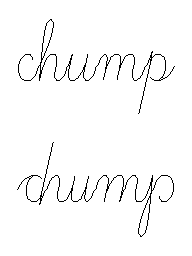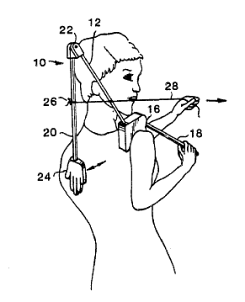
If aliens are studying us, they must be baffled sometimes.
In late 1999 four women’s bras appeared on a wire fence in southern New Zealand. That’s innocent enough, but by February the number had grown to 60. In October it reached 200, and by the following February nearly 800.
Why? Who knows? The local council waited until September to clear the fence — by which time it had accumulated more than 1,500 bras.
See also Love Padlocks and Shoe Trees.



